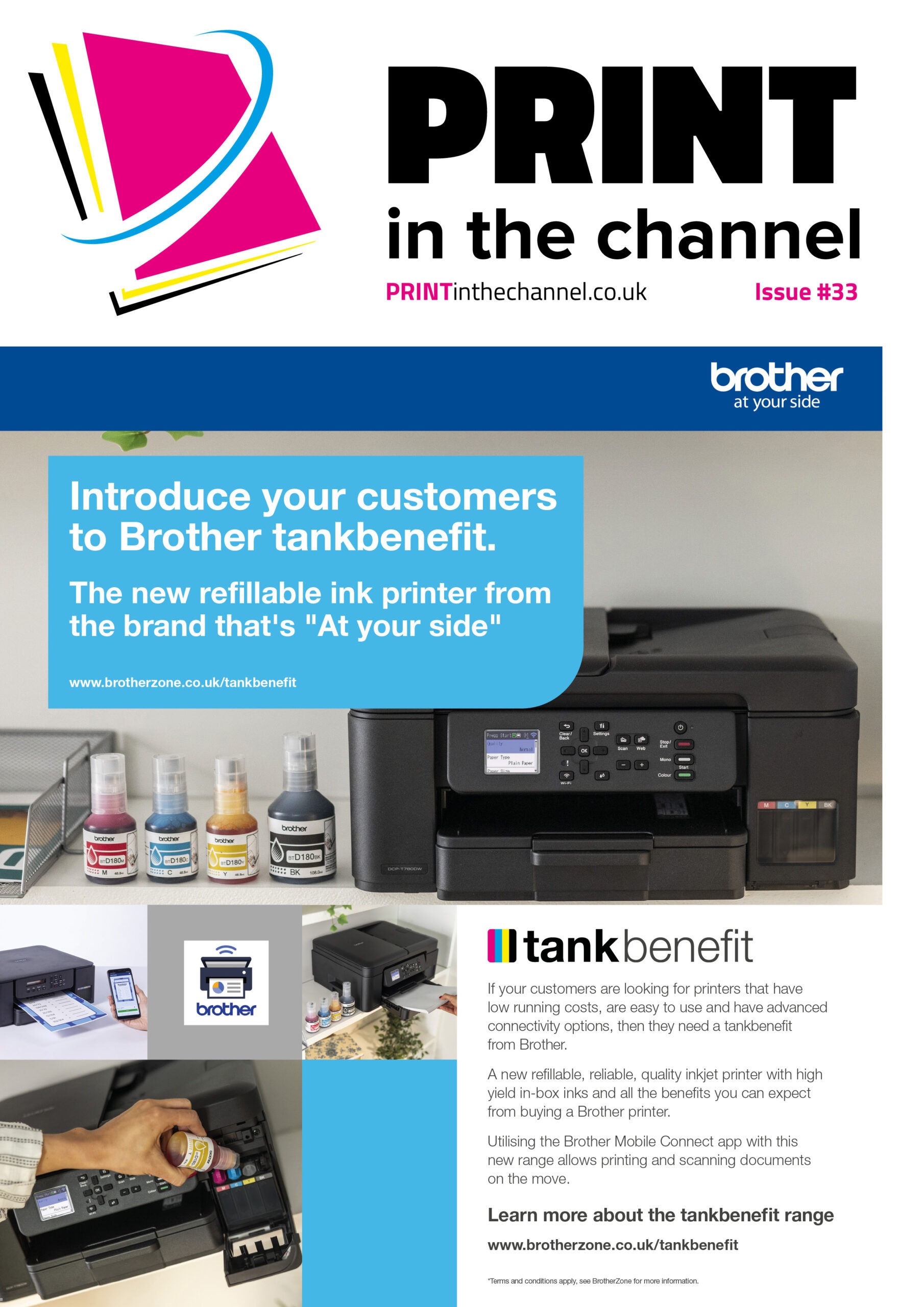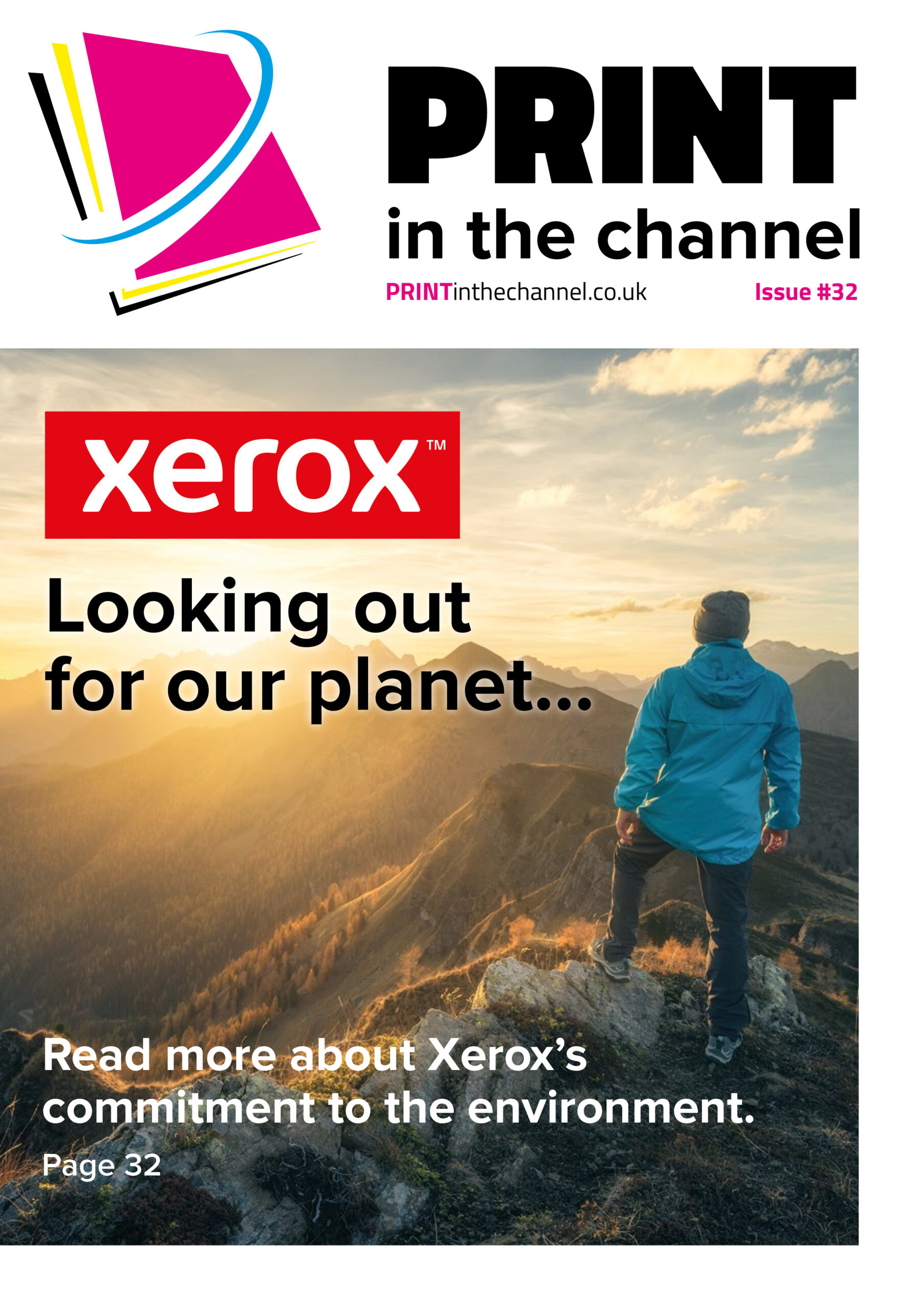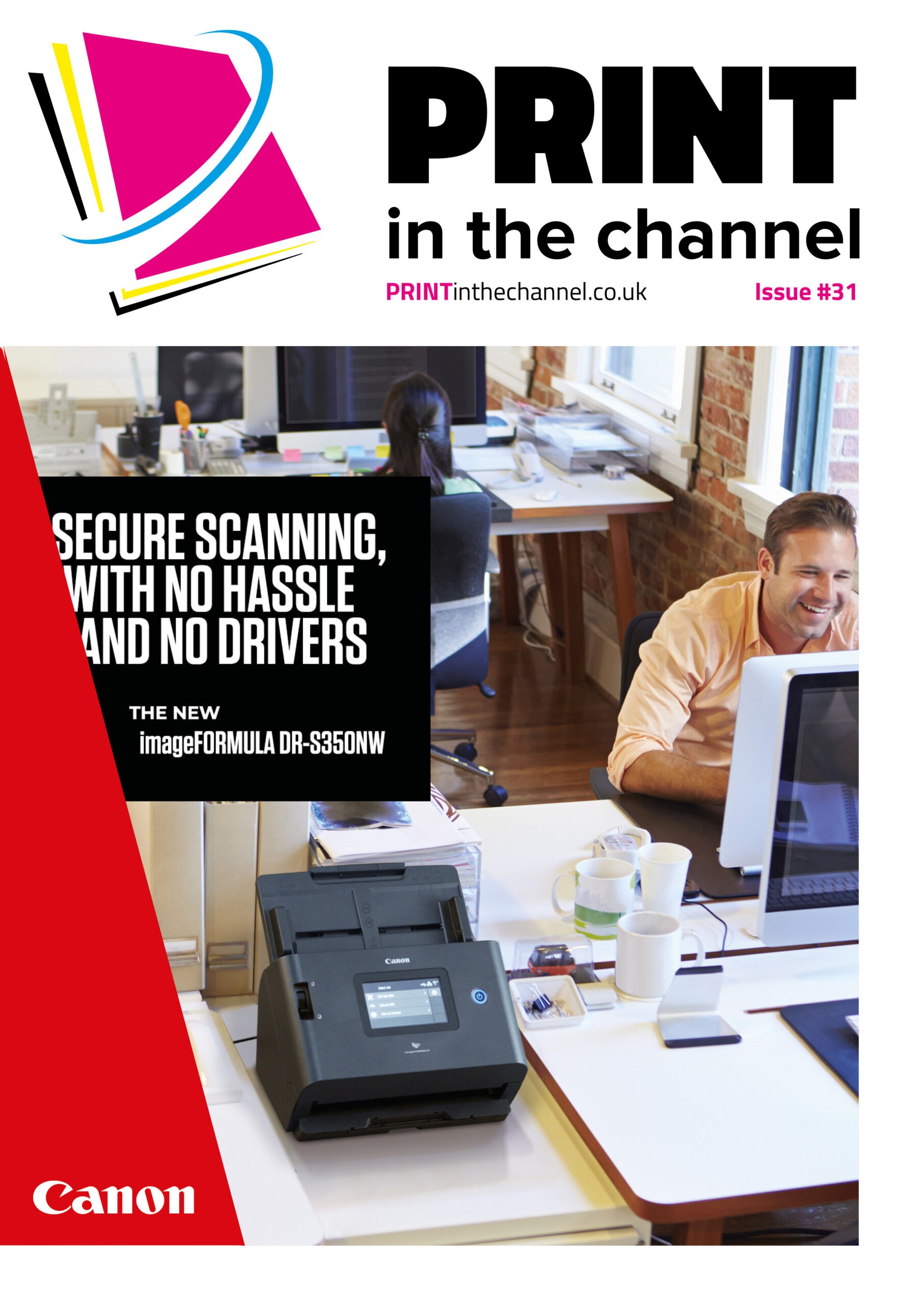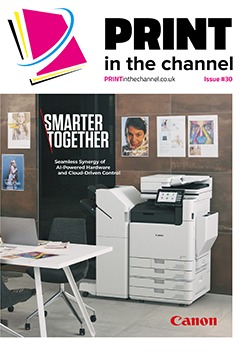Sustainability is becoming an increasing priority for many businesses, and toner cartridges are part of that focus. Manufacturers are responding by making toner cartridges more environmentally friendly and easy to recycle, but how can resellers sell these benefits to customers?
Every year in the UK, millions of toner cartridges are produced, yet only a fraction of those are recycled and millions of spent cartridges end up in landfill where, due to their parts, they can take up to 1,000 years to decompose. This, of course, adds to their environmental cost.
With many businesses looking to reduce their carbon footprint and enhance their sustainability, it means that things like toner cartridges can be an important consideration, especially in print-heavy sectors. Customers are increasingly looking for options that do not have the environmental impact but do have recycling options.
“In our experience the environmental impact of used toner cartridges is very important to customers and can determine purchasing habits,” says Trevor Maloney, product marketing manager: TASKalfa, at Kyocera. “Kyocera has been at the forefront of toner cartridge design with our toners made up of as few as eight components all plastic made from two types of plastic, all ID marked for ease of recycling.”
Kyocera is indicative of OEMs that are looking to make toner cartridges more environmentally friendly, and for many years the company has been working towards this goal, Trevor notes. “Many of our [Kyocera’s] toners are designed to use far less components that our competitors thus reducing manufacturing, running costs and environmental impact,” he says. “Our TASKalfa SRA3 range even enables users to repurpose the black toner cartridge they have used as the collection bottle for the discarded toner used within the cleaning process.”
Return and reuse
But it isn’t just about making toner cartridges more environmentally friendly in their manufacturing and composition, it is also about what happens once they have been used. Brother has made strides to promote toner cartridge recycling and has a long-established scheme for this. According to the company, it remanufactures or recycles three million toner cartridges every year, saving about 5,300 tonnes of CO2 – equivalent to taking 1,150 cars off the road. In addition, Brother’s European recycling facilities have been zero waste to landfill accredited since 2013 – stopping 1,500 tonnes of material from ending up in landfill every year.
“We’ve built a one-of-a-kind service where customers can return their used toners to us free of charge to be remanufactured and that resellers can use to differentiate themselves as more businesses look to reduce waste and boost sustainability,” says Louise Marshall, director of ESG and organisational development at Brother UK.
She points to research carried out in the summer by Savanta for Brother of 1,255 IT decision makers in small- to medium-sized businesses in the UK, Germany, France, Spain and Italy. “Our latest research shows that IT decision makers see recycling as a top sustainability priority for their teams over the next year,” she says. “And that’s why we continue to make strategic investments at our North Wales Recycling Technology Centre – to cater to growing demand from customers wanting to sustainably dispose of supplies.
“One challenge we see IT teams face is measuring the impact of initiatives like remanufacturing on the wider business and we’re working with our reseller partners to tackle it. One example is through our managed print service (MPS), where we’re now providing large business customers with reports showing how much carbon they’ve saved by sending their used toners back to us.
“We save approximately 5,300 tonnes of CO2 every year by remanufacturing toners and earlier this year we became the first company to be awarded the Blue Angel certification for one of our remanufactured toner cartridges. This came after independent auditors found that more than 75% of our TN-3512 RE toner’s weight consisted of re-used parts.
“MPS is also providing a boost to customers’ sustainability given its role in optimising printing fleets. Partners can support customers with audits that encourage firms to acquire the models that they need, ensuring no unnecessary power usage. Our engineers are always reviewing device designs and have introduced multiple changes over the last few years to improve their sustainability without compromising on performance for customers.”
Conversations
Trevor adds that resellers have an important role to sell the benefits of sustainable toners customers. “Customers are often under the misconception that to make printing more sustainable, they will have to spend lots more money,” he says. “For Kyocera’s dealers this is a barrier that can easily be overcome once they show customers how Kyocera’s long life drum technology and clever product design can deliver cost savings and sustainability.”
As environmental considerations continue to become more important to businesses, OEMs such as Brother and Kyocera will concentrate on finding ways to make toners more sustainable.
“Kyocera always strive to improve the design of our consumables and, undoubtedly, we will further reduce the number of component parts, increase the ease of recycling and improve the formulation of the toner to maintain image quality while further reducing the impact on the environment,” says Trevor. “In this respect, customers should always consider purchasing original toner cartridges to ensure their environmental commitment.”
This shows what manufacturers are doing to help cut the impact that toner cartridges have on the environment and ensure that more are recycled, and the role that resellers must play in this to help end users.









